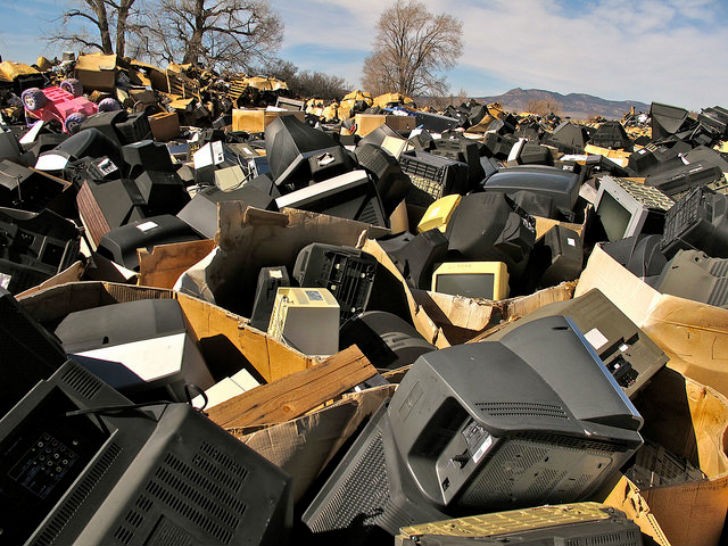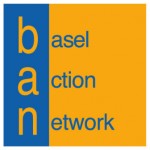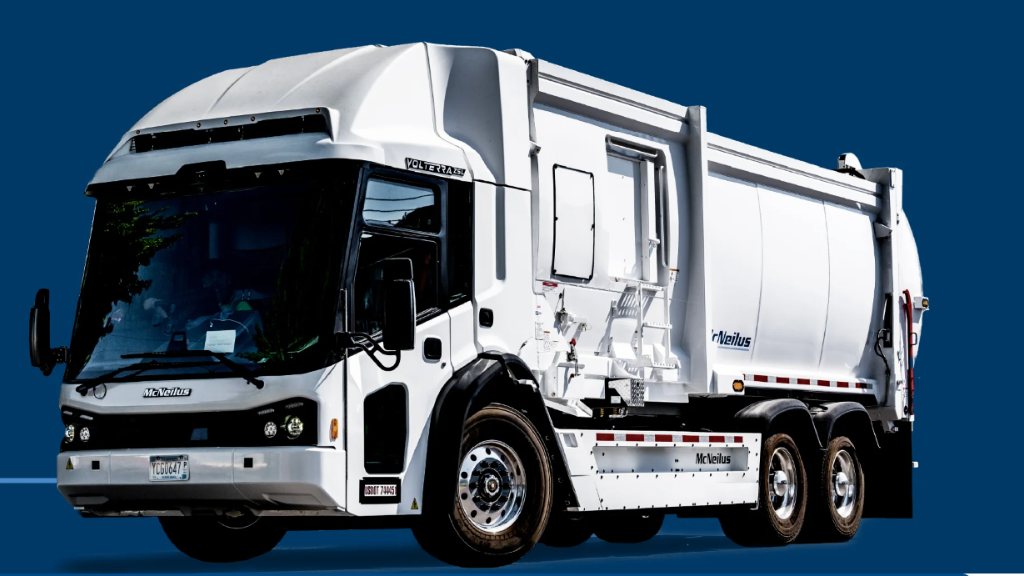e-Stewards Reaffirms Preference for Safe Recycling over Safe Storage for Television Glass
But acknowledges shrinking recycling capacity globally

Following almost a year-long deliberation over a petition by Kuusakoski Recycling and their partner Peoria Disposal Company requesting e-Stewards to relax its standard to give greater acceptance to placing crushed and treated cathode ray tube (CRT) glass into solid waste landfill cells for possible future retrieval and recycling, the BAN Board of Directors has voted to accept the majority recommendations of the e-Stewards Leadership Council and its Technical Committee and deny the petition.
This decision means that solid waste landfills will continue to not be considered a preferred destination for treated CRT glass (from old TVs and computer monitors) under the e-Stewards Standard, nor will their use be considered as recycling. However, the option of placing treated CRT glass in solid waste landfills, e.g. in retrievable storage, will remain a less preferred, conditionally allowable form of disposal, as it has been, if preferred options are unavailable.
BAN acknowledges the well-prepared, thorough petition of Kuusakoski and Peoria Disposal, and the professionalism by which the two companies conducted itself during the petition process. BAN also acknowledges with gratitude the extensive work accomplished by the Technical Committee's CRT Working Group and Leadership Council.
BAN also notes the fact that there is currently a shrinking global capacity for sound recycling of CRT glass, as well as a recent increase in irresponsible CRT management. Additionally and BAN acknowledges, that long-term safe storage, while less-preferred, may be needed by e-Stewards in the future if legitimate, operational, true recycling is not viable or available.
"Safe, accountable storage in a dedicated landfill cell, while not recycling, is vastly preferable to dirty or sham recycling, exports to developing countries, abandonment, and dumping," said BAN's e-stewardship policy director, Sarah Westervelt. "All along, our standard has respected and enforced a hierarchy of management preferences without blindly closing the door to safe long-term storage options, which may well become necessary in the near future. The Board affirmed that this kind of flexibility is wise policy."
In an accompanying document to the Board Vote Record, BAN presented highlights of recent changes in the CRT glass processing landscape, resulting in considerations and some new decisions proposed in order to appropriately update the e-Stewards options for managing CRT glass. These decisions will be published in a new Final Draft Sanctioned Interpretation of the standard and will be subject to the usual 30-day public comment period. These decisions are summarized below:
- Long-term storage in solid waste landfills is not to be considered "recycling" until the stored material is actually recycled.
- Such storage is considered under the standard as a less preferred option subject to already established criteria.
- The term "Last Resort" in the standard is to be replaced by the term "Conditionally Allowable Option/s".
- Only CRT glass processing facilities that are fully permitted and operational can be acceptable destinations for CRT glass. Facilities will only be allowed to store CRT glass for a maximum of 2 years regardless of variances or longer times allowed by authorities.
- Use of CRT glass as an alternative fluxing agent in lead smelters will remain a preferred option as long as a lead recovery rate of 95% or higher can be demonstrated by the smelter. In the absence of such data, this option will be considered as a Conditionally Allowable Option only.
"The truth is that the market for responsible recycling of CRT glass has become extremely constricted," Westervelt said. "Further, state programs are not paying enough to recyclers leaving recyclers in a double bind. The intent of today's policy change is to provide two tiers of options to e-Stewards given current realities. Meanwhile manufacturers must be required to pay the true cost of these options and be held accountable when their CRT glass is mismanaged."



